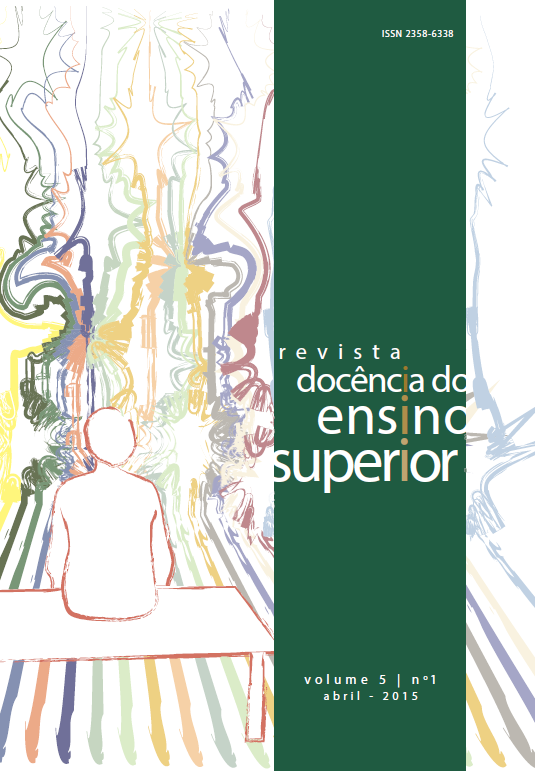An experience report about the subject “Teaching Seminars”, of COPPE/UFRJ Production Engineering Program
DOI:
https://doi.org/10.35699/2237-5864.2015.1971Keywords:
Engineering Education, Teacher Training, MoodleAbstract
This article reports the experience of the subject “Teaching Seminars” offered to Masters and PhD students in the Production Engineering Program at COPPE / UFRJ, which took place between September and December 2010. This is a description of the actions undertaken that resulted in an enriching experience for all participants. First, we indicate the chosen criteria and the decisions taken in their preparation, observing the proposed objectives and selected bibliography in order to support its compliance. Then we analyze the tools used as support for classes and present the dynamics and content of the meetings. Finally, we present some considerations about the success of the experiment, considering the professors and students’ performance throughout the course. Practical simulations and discussions in the classroom were able to improve reflection about engineering education, as it is currently conceived, encouraging criticism to the subject.
Downloads
Downloads
Published
How to Cite
Issue
Section
License
Authors who publish in this journal retain the copyright and grant the journal the right of first publication, with the work simultaneously licensed under the Creative Commons Attribution License which allows the sharing of work with acknowledgment of authorship and initial publication in this journal.
Authors are authorized to take additional contracts separately, for non-exclusive distribution of the version of the work published in this journal (e.g. publish in institutional repository or as a book chapter), with acknowledgment of authorship and initial publication in this journal.
Open access policy:
Revista Docência do Ensino Superior is an Open Access journal, which means that all content is available free of charge, at no cost to the user or their institution. Users may read, download, copy, distribute, print, search, or link to the full texts of the articles, or use them for any other legal purpose, without seeking prior permission from the publisher or author, provided they respect the license to use the Creative Commons used by the journal. This definition of open access is in line with the Budapest Open Access Initiative (BOAI).
























